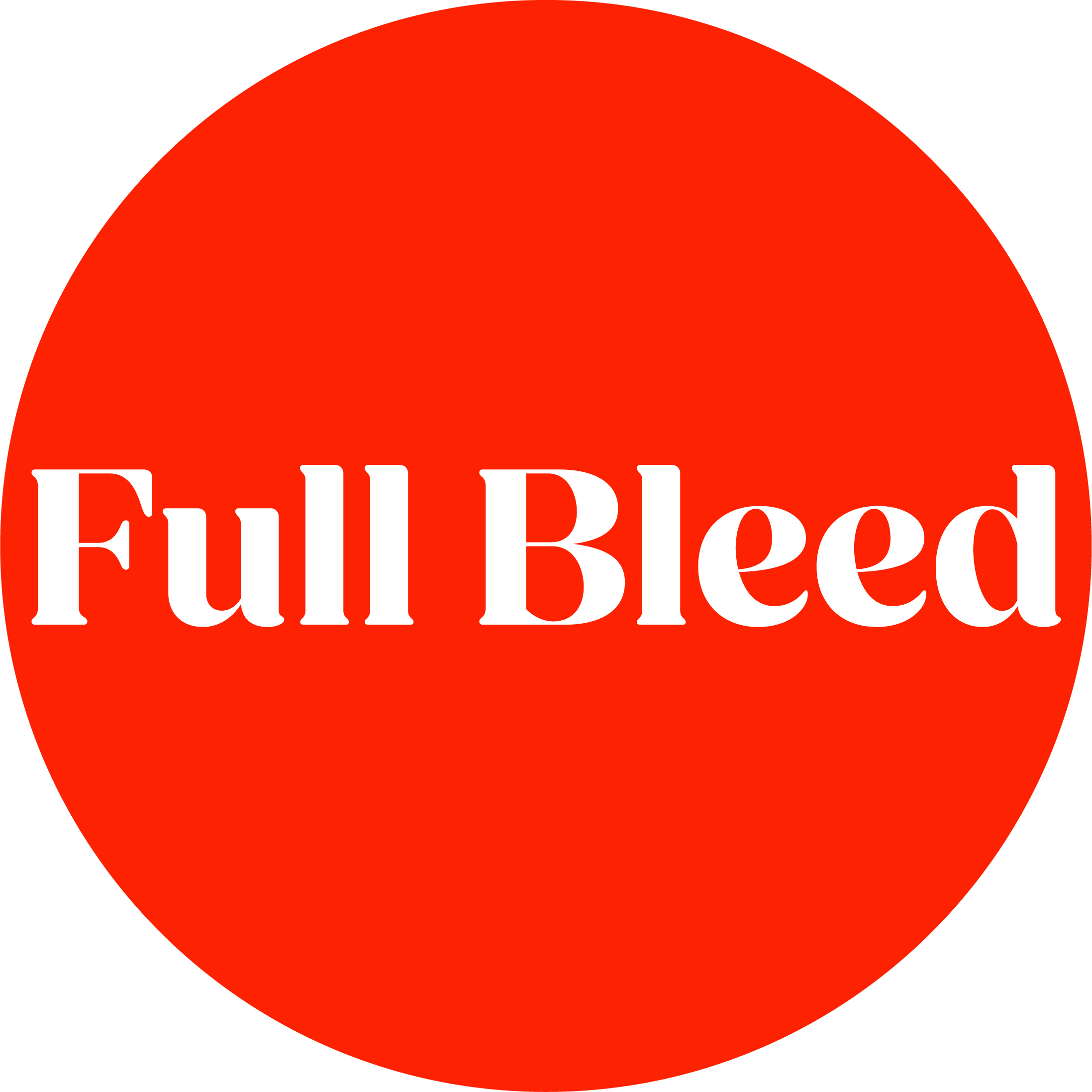LETTER FROM THE EDITOR
Take me home
Not long ago, I found myself in a pub where a jam session for local singer-songwriters was in full swing. Every seat in the place was taken but for two stools at the bar. After listening to a few tunes, I got to talking with a stranger beside me. When I remarked at the size of the crowd, he surmised it had something to do with ‘the times’:
“We’re living in a constant threat environment,” he opined. “Folks come here because they want to feel more at home. That’s why the room is full.”
This was a grim take on what looked like a jovial occasion, but maybe he was on to something. In our age of ecological precarity and geopolitical menace, perhaps we all longed more keenly for what was to be found in that wood-paneled pub: neighbors, camaraderie, a bit of homespun beauty.
In the poem by Patric Pepper included in this issue, the speaker expresses a wish “to look time in the face and say, Take me home!” The lines bring to the surface a yearning so deep in us, so persistent, we may not often notice its ache. Much of the work in these pages is expressive of variations on this old feeling. Whether it manifests as homesickness, nostalgia, or grief, it is the suffering of exile—in some cases from one’s home country, but also from one’s hometown, family, or sense of security.
Pepper’s poem responds to our current climate emergency, as does Sarah Courteau’s essay “Fallen World”, in which she reflects on the Ozark Mountains of her youth and the troubled future awaiting her daughter’s generation. Hers is one of several contributions that speak to the creativity that proceeds from the labor of love that is parenting. In her photo essay, Tori Ferenc brings us inside her London home during the pandemic months, when she and her husband welcomed a newborn into their family.
John Powers’ heartbreaking story draws our attention to the other side of life’s continuum. In “The Permanent Collection”, a father and erstwhile painter tours the Metropolitan Museum of Art, afflicted by cancer and memories of an artistic career that ended too soon. For this character, family life seemed incompatible with artmaking. Yet the contributions here, all sent to us by parents, make clear that raising children is not only possible while pursuing a creative vocation, but can be conducive to it.
Though Full Bleed usually accepts submissions from all comers, this year we partnered with the nonprofit Pen Parentis to feature work exclusively by parents. We thank the organization and its founder M. M. De Voe for their sponsorship, and the National Endowment for the Arts, which awarded Pen Parentis the underlying grant that has financed the printing of the issue and all contributor honoraria.
Asked to reflect on Pen Parentis’ work in support of parent writers, De Voe offered these words:
Parenting and writing are not pitted against each other on a balance. None of us have scales of justice to measure any one part of our lives against another. The finite resources of our time, energy, and money must be divided among all the tasks and responsibilities, joys and needs of our lives—and if you picture the balance more like an intricate hanging art mobile, you'll begin to see the true task of resource management. Each thing you want to do—whether writing, picking kids up from school, balancing your books, making a sandwich, going to the gym—is a shape on your mobile. Some are small and fit easily into the day. Some are huge, and when you add them, it seems impossible that you can add anything else of any size. But to be sure: no matter what you add to the mobile of your day, it will disrupt everything else—of course it will!
At Pen Parentis we say that having kids is just adding another shape to the gorgeous mobile of your life. You don’t remove writing when you add a child (or four), you just shift things around to make sure there are still resources remaining to devote to your writing career.
The challenge of incorporating varied responsibilities, burdens, and influences into an artistic life is perhaps inherent in all these works, but no more so than in “Front Lines”, a folio of new writing from Ukraine. Written in the crucible of Russia’s invasion of that country, these works come to us from poets now serving in defense of their homeland. We are grateful for their words, and wish them safe passage through the trying months ahead.
Hopefully, most of us will never confront such a dire threat to our safety, yet we all stand to lose the homes we create for ourselves. Much of the work here seems to rise from the urge to commemorate a home before it vanishes. Whether those homes consist of ever-evolving cities (see Stephen Hilger’s reflections on Los Angeles) or our variegated identities (as in our interview with the painter John Feodorov), to some extent we are all nomads, making and remaking homes amid the currents of change.
May you find something in this issue to inspire a new creation of your own. Thank you for reading, and stay in touch.
-Paul Jaskunas
